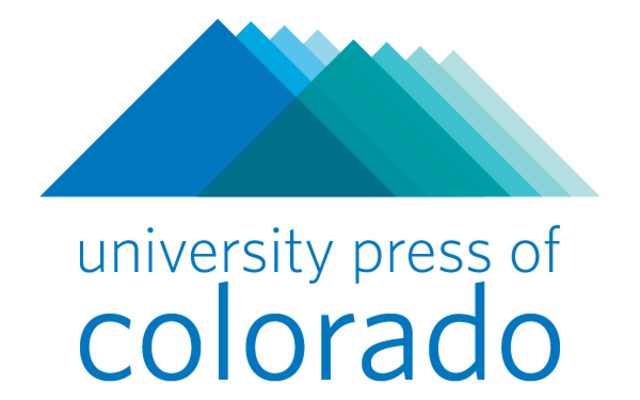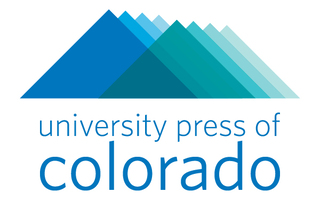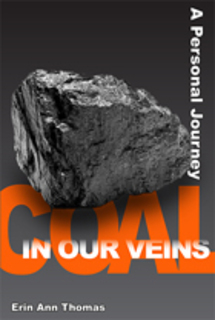Coal in Our Veins
A Personal Journey
Winner of the 2012 Evans Biography and Handcart Award
In Coal in Our Veins, Erin Thomas employs historical research, autobiography, and journalism to intertwine the history of coal, her ancestors' lives mining coal, and the societal and environmental impacts of the United States' dependency on coal as an energy source. In the first part of the book, she visits Wales, native ground of British coal mining and of her emigrant ancestors. The Thomases' move to the coal region of Utah, where they witnessed the Winter Quarters and Castle Gate mine explosions—two of the worst mining disasters in American history—and the history of coal development in Utah are explored in the second part.
Thomas then investigates coal mining and communities in West Virginia, near her East Coast home, looking at the Sago Mine collapse and more widespread impacts of mining, including population displacement, mountain top removal, coal dust dispersal, and stream pollution, flooding, and decimation. The book's final part moves from Washington D.C.—and an examination of coal, carbon dioxide, and national energy policy—back to Utah, for a tour of a coal mine, and a consideration of the Crandall Canyon mine cave-in, back to Wales and the closing of the oldest operating deep mine in the world. Then Thomas examines energy alternatives, especially wind power, in West Virginia and Pennsylvania.
"The United States depends on coal-burning electric plants for 50 percent of the nation's power," writes Thomas. "I cannot turn on the dishwasher, watch a movie, or write these words without thinking of coal. And, conscious of this coal, I must think of the blood in my veins, because from the beginning of coal—this history of our energy—my ancestors pulled it from the earth with picks and with their hands." Coal is implicated in the simplest modern gesture—turning on a light switch—and Thomas finds a depth of history in this gesture. Welsh miners, the Sago disaster of 2006, the Castle Gate explosion of 1924, Washington bureaucracy, and industry complacency, all these play a role as her story unfolds. And behind it all, Thomas reminds us, is the light switch.
In a journey of discovery that takes her from Wales to West Virginia, from Washington to Carbon County, Utah, Thomas explores the meaning of coal. She writes with a journalist's determination and a memoirist's eye for detail, weaving a narrative of the twin destinies of coal and her family.
Texts
Uncategorized
Coal in Our Veins: A Personal Journey
by Erin Ann Thomas- 0This text has 0 annotations
- 0This text has 0 highlights
Metadata
- publisherUtah State University Press
- publisher placeLogan, Utah
- rights
- rights holderUniversity Press of Colorado


